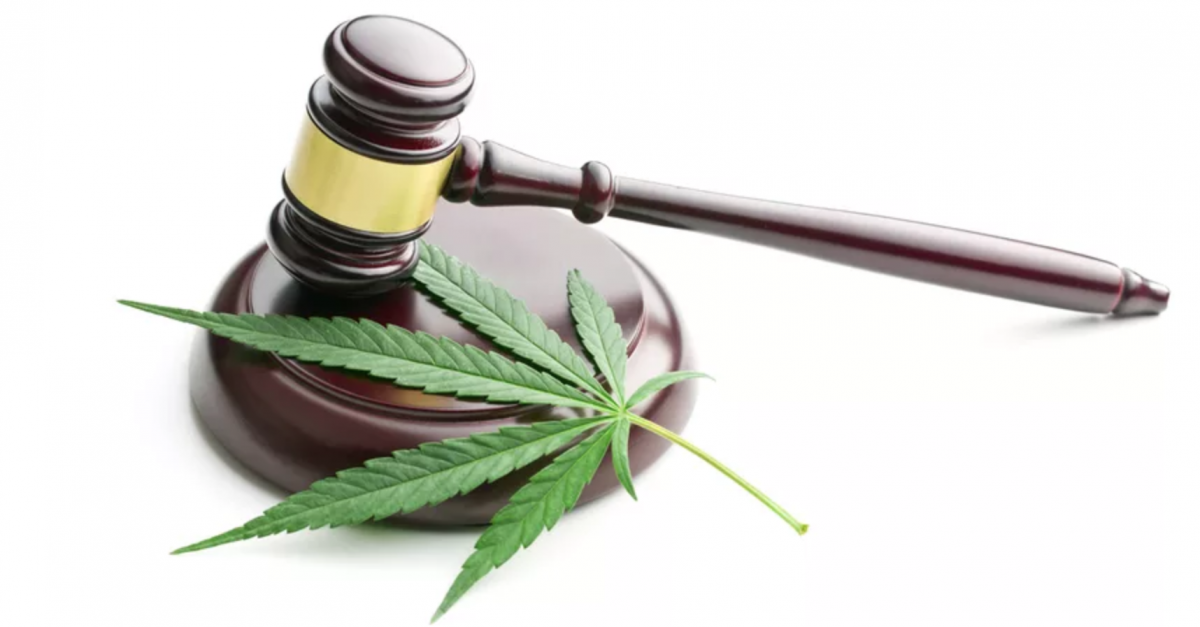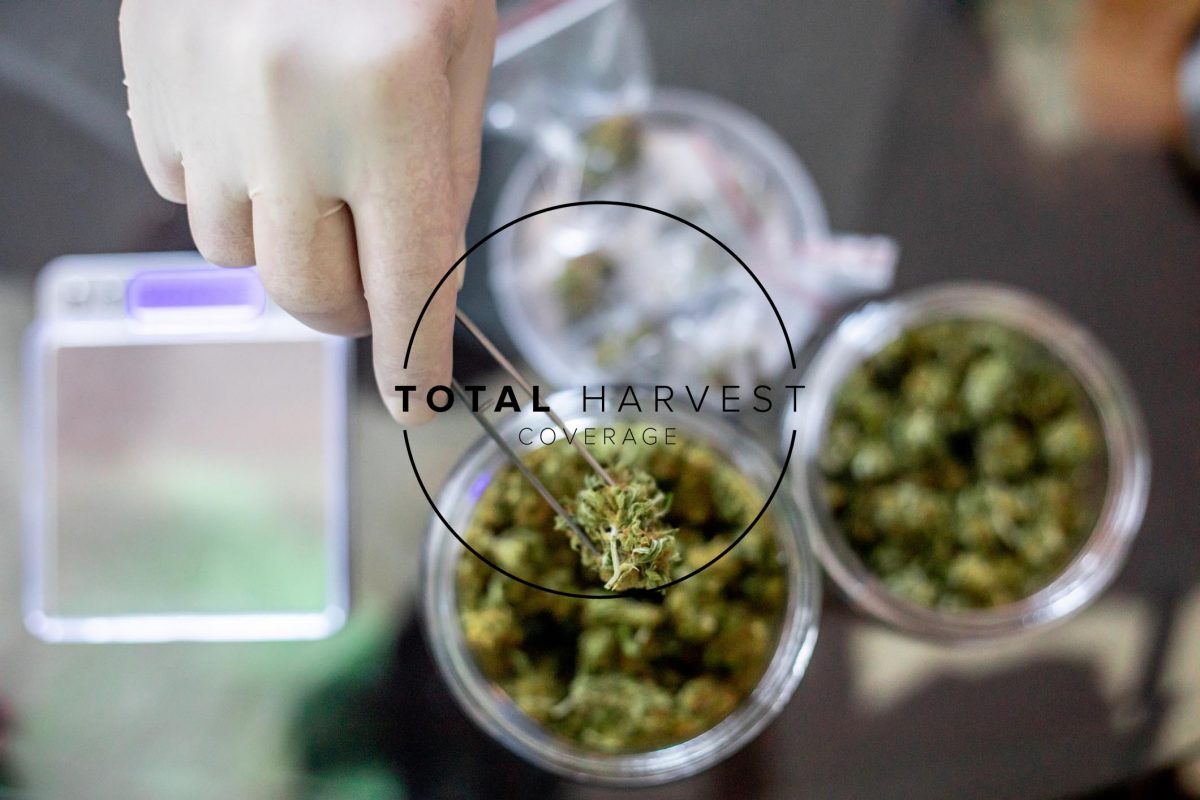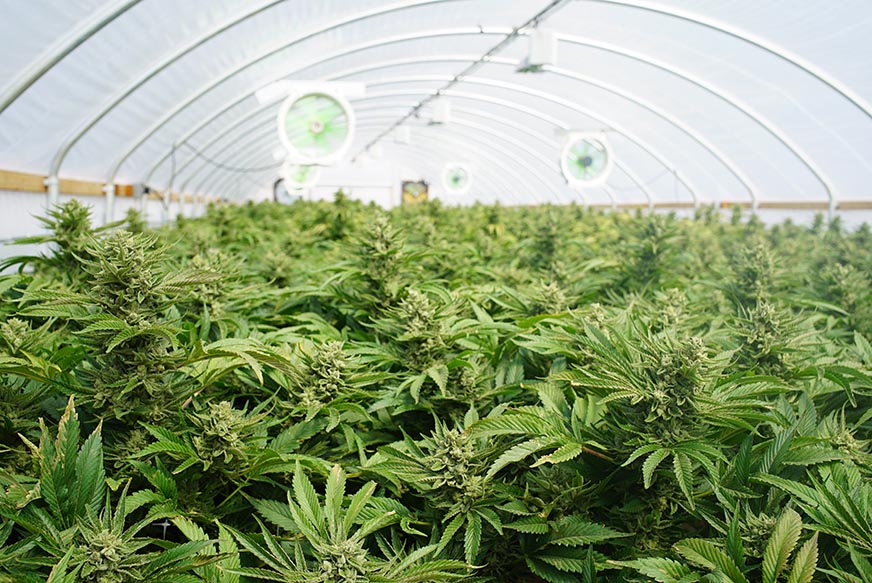The Committee on Energy & Commerce will hold a legislative hearing tomorrow to discuss and review six pieces of legislation:
H.R. 171, the “Legitimate Use of Medicinal Marijuana Act” – Proposes Marijuana moves from a Schedule I drug to Schedule II and the federal government may not intervene in a state’s medical marijuana laws.
H.R. 601, the “Medical Cannabis Research Act of 2019” – Proposes the Attorney General increase the amount of federally approved registered cannabis manufacturers for research purposes. (the DEA has already begun accepting applications).
H.R. 1151, the “Veterans Medical Marijuana Safe Harbor Act” – Proposes veterans receive special protections to use, possess, or transport medical marijuana legally; also allows physicians to discuss and recommend marijuana therapies to veterans.
H.R. 2843, the “Marijuana Freedom and Opportunity Act” – Proposes the removal of THC/marijuana from Schedule I drugs. Demands comprehensive research on marijuana, and regulation from Alcohol and Tobacco Tax and Trade Bureau on the sale and advertising of marijuana.
H.R. 3797, the “Medical Marijuana Research Act of 2019” – Proposes Health and Human Services ensures a supply of marijuana for research purposes. Furthermore, all currently approved researchers for Schedule II – V drugs would be given authorization to conduct marijuana research.
H.R. 3884, the “Marijuana Opportunity Reinvestment and Expungement Act of 2019” or the “MORE Act of 2019” – Demands marijuana/THC be removed entirely from the list of Scheduled drugs. This bill calls for expungements, and the establishment of various regulatory departments and social equity programs.
The MORE Act is sounds like an extravagant bit of legislation. Is America ready for full legalization and decriminalization of marijuana? This would cause mass confusion in states where marijuana is already legal. These states would have to review (and possibly revise) current legislation pertaining to marijuana and quickly. States will need time to re-organize regulatory departments, and possibly implement new guidelines. Perhaps legislators are reaching for the stars and hoping to land on the moon.
Interestingly enough, there is no mention of discussing any legislation in regards to the regulation of banking institutions in their dealing with cannabis companies. This is a multi-billion-dollar industry being conducted in cash because banks are too scared to touch it. It will be interesting to see if this topic is at least addressed tomorrow. (Most recently the SAFE Banking Act was passed by the House of Representatives in September 2019 but has yet to reach the Senate.)
You can watch a live stream of the hearing tomorrow (Wednesday, January 15th, 2020) at 10:00am EST here: https://energycommerce.house.gov/committee-activity/hearings/hearing-on-cannabis-policies-for-the-new-decade
**UPDATES TO FOLLOW**
At KL Security, we have a proven track record for compliance with state laws and security requirements. Utilizing the Total Harvest Coverage methodology for cannabis facility security design and planning as well as cannabis business operation improvements, we have successful projects in facilities in multiple states, helping leaders in the cannabis industry drive revenue and stay compliant with state laws.
Information has been gathered from sources deemed reliable but not guaranteed and is subject to change without notice.







